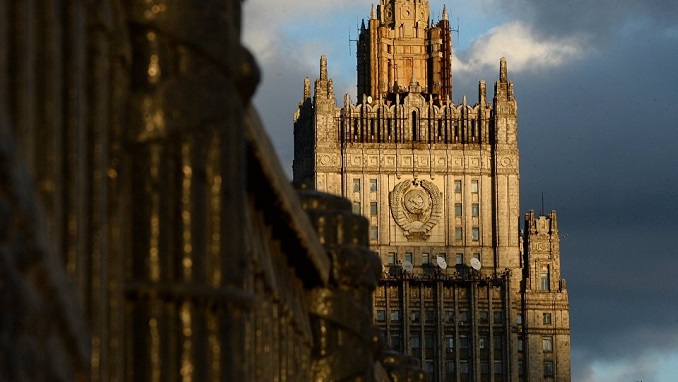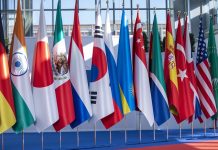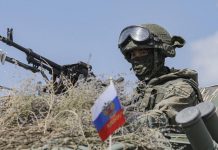Tensions between Russia and the European Union escalated on Friday as Moscow barred eight EU officials from entering the country and Brussels warned it could respond in kind, The Moscow Times reported.
In the latest row to strain relations, Moscow said its move was a response to sanctions imposed by the European Council last month against four top Russian security officials over the jailing of Kremlin critic Alexei Navalny and a violent police response to protests in his support.
“The European Union continues its policy of unilateral illegitimate restrictive measures targeting Russian citizens and organizations,” the Russian foreign ministry said in a statement.
“Such actions by the European Union leave no doubt that their true goal is to restrain the development of our country at any cost,” it added.
The EU condemned the move and warned it could respond.
“This action is unacceptable, lacks any legal justification and is entirely groundless. It targets the European Union directly, not only the individuals concerned,” a joint statement from the heads of the European Council, Commission and Parliament said, adding “the EU reserves the right to take appropriate measures in response.”
‘Not intimidated’
In March the EU barred high-ranking officials from entering the bloc and froze their assets, including head of the Investigative Committee of Russia Alexander Bastrykin and Russia’s general prosecutor Igor Krasnov.
The Russian foreign ministry’s list of European officials barred from Russia includes European Parliament President David Sassoli of Italy and Vice President of the European Commission for Values and Transparency Vera Jourova of the Czech Republic.
Speaking on Italian public television RAI on Friday Sassoli said the ban amounted to a political attack.
“This means that the European Parliament has done its duty in defending fundamental freedoms in denouncing violations of the rule of law in Russia and in many countries around the world,” Sassoli said.
“But we will not be intimidated: we will continue to say that Alexei Navalny must be released,” he added, promising an “adequate response” from Europe.












